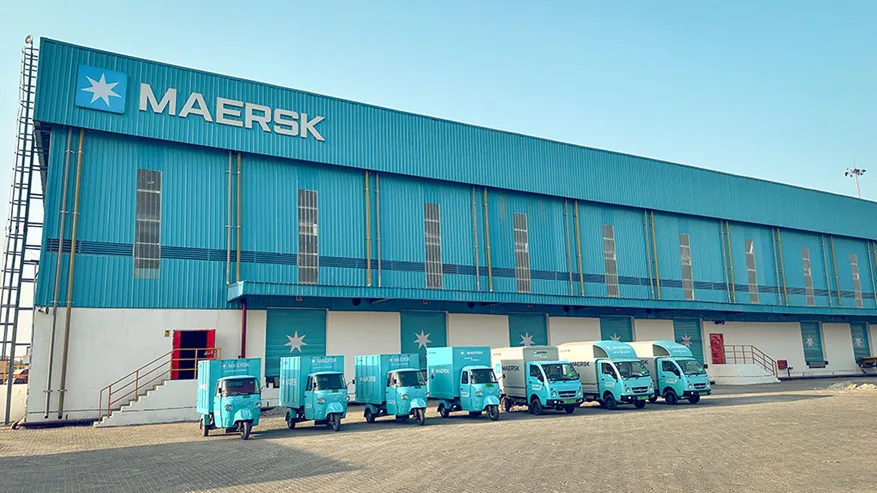Aerospace news Air Cargo News airline airline news Airplane News Aviation news Boating News Business News Cargo News Communications News Consumer News e-commerce Economic News Economy News Environmental News European News Finance News Global Politics International News Joint Venture News Marine Ocean News Maritime News Pilot Private Aircraft News Shipping News stock stock news transport Transportation Transportation News
Maersk and Air Cargo News highlight global trends in 2024 air cargo market
The air cargo sector is undergoing a demand slowdown due to global macroeconomic conditions. Post-Covid normalisation as well as global geopolitical crises, most notably in the form of military conflicts, have been the root cause.…

